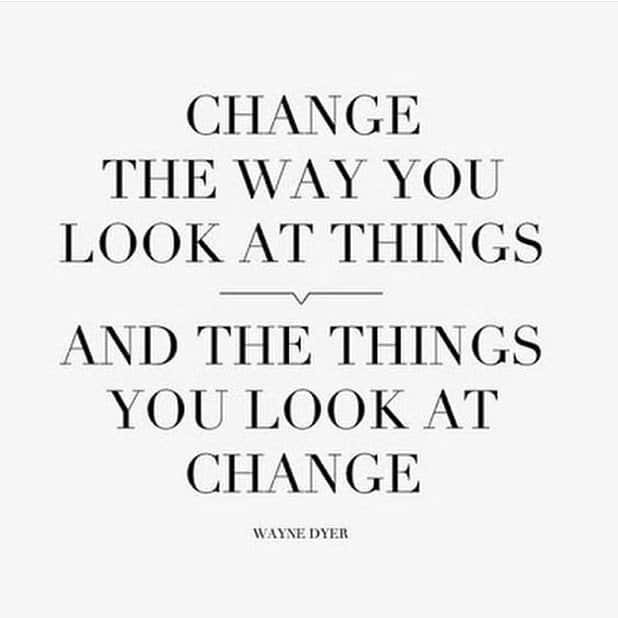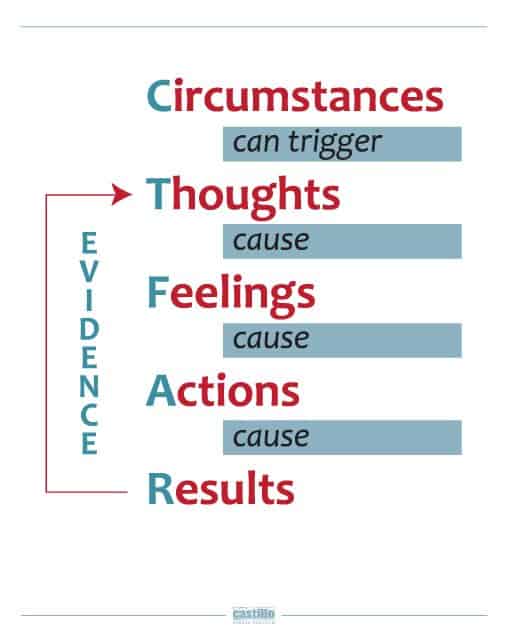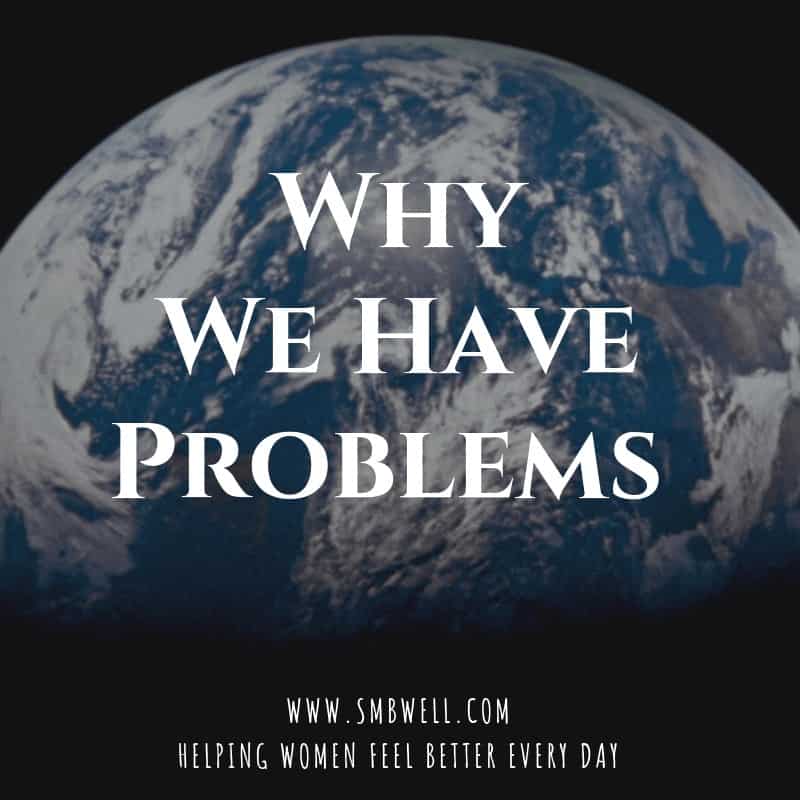Podcast: Play in new window | Download
Subscribe: Apple Podcasts | Spotify | Amazon Music | RSS | More
Why do we have problems? Because of how we think. Every action we take or don’t take, every feeling we feel, every result we have in our life, derives from the thoughts we’re focusing on. “Change the way you look at things and the things you look at change.” This is why, some things that we consider problems are not problems to others. For example, I may think my son has a problem getting his homework done while my son thinks he does his homework just fine. What’s the 
CIRCUMSTANCES (FACTS):
There are certain things that happen in our lives. Those things are the circumstances or facts of our lives. They are the objective and unbiased truths of our lives. Everyone would agree that they are what they 
THOUGHTS:
Thoughts are sentences in our head that are not necessarily true. We have between 60-80,000 thoughts a day and we get to choose which thoughts to focus on. We think thoughts about the circumstances of our lives. Often we think our thoughts are true when they are usually subjective. For example, take the circumstance that it’s raining. That’s a fact. I may choose to think that it’s going to be a bad day because it’s raining. That’s a thought.
FEELINGS:
Depending on the thoughts we focus on, we will feel a certain way. Feelings can be described in a single word and are often called emotions. Feelings are physical sensations that we feel in our body. Emotions = energy in motion. We feel what we feel because of the thought we’re thinking. Using the rain example, if I think: “today will be a bad day because it’s raining”, I may feel discouraged or depressed. Here is a list of common feelings.
ACTIONS:
Our feelings lead us to take certain actions in our lives. We either act, re-act, or in-act. If I think the thought: “Today will be a bad day because it’s raining”, feel discouraged, I may choose to lie on the couch and watch TV instead of doing what I had planned. (in-act).
RESULT:
The actions (or inaction or reaction) I take will lead to a result in my life that always points back to the original thought I chose to focus on. In this case, me lying on the couch and not doing what I had planned to do leads to the result that today is a bad day and confirms my original thought.
Why does this matter and how can using this model impact everything? What if, when I saw the rain I chose to focus on the thought: “I won’t have to water the plants because it’s raining today. I will have so much more time!”, my feeling may be excitement which would lead to the action of doing everything I had planned for the day (and possibly even more!) with the result being my original thought: that I had so much more time that day. While that is a big overview of the model using the general circumstance of a rainy day, it illustrates two important pieces of the power the thought model holds for us.
(1) How I feel is in my control. Nothing anyone does or says can make me feel a certain way. Nor can anything that happens make me feel a certain way. How I feel is because of what I’m thinking about.
(2) How I act is always because of how I feel. When I’m aware of what I’m feeling, I’m infinitely more in control of my actions and thus the results in my life.
These two truth bombs are the backbone of our freedom and our emotional intelligence! The more conscious I am of my emotions, the more in control and empowered I am. The more aware I am about which emotions I’m feeling, the more I’m able to choose how I act. This is a wonderful thing! If you work with me, you know I often say: “The power is in the pause”. What I mean by that is, my power as a mom, a woman, a human, lies in my ability to pause between feeling the feeling and taking an action I am an emotional adult. I am at my most powerful when I can pause between the F and the A line of the model. For example, when I can feel the feeling of anxiety in my body, without acting on it, I stay in control and in my own power. It reinforces the knowledge that people can do whatever they are going to do leaving me to think what I want, feel what I want, and act how I want. I am responsible for my feelings, my actions, and my days. No one else can make me feel a certain way. No one else is in charge of my emotions or mood. Nor can any action by anyone else “make” me feel a certain way.
I want to give the two examples that drove me truly understand and believe in the thought model. Death and the lottery. Stick with me here. Let’s start with death: I used to think that the fact (or circumstance) of someone dying made me feel a certain way. However, if that were the case, we’d all feel the same about the person’s death. This doesn’t happen does it?When my grandmother died, how did you feel? Exactly. If your grandmother dies I’m going to feel differently than if my grandmother dies. Further, it isn’t even the act of the person dying that leads us to feel how we feel. Loved ones die every moment of every day. If it was the act of the person dying that made us feel the way we feel, we’d all be walking around in an acute state of grief. Luckily, this in not the case. It’s our thoughts about the person’s death that makes us feel the way we feel. Even more proof that it’s not the circumstance that causes the feeling? When my beloved grandmother died, I didn’t feel anything at all. You know why? Because I didn’t know she had died! I learned of my grandmother’s death about 6 hours after she had died. What were those 6 hours like? Pretty darn normal. I had no thoughts about my grandmother and I felt no grief. Now once I learned that my grandmother died, I felt a lot of emotions. Why? Because she had died? Nope. Because of my thoughts about her death. In fact, I didn’t just feel one feeling, the different thoughts l had led to different feelings:
MY THOUGHT vs. MY FEELING
“I loved having her in my life” vs. Sadness
“She shouldn’t have died” vs. Frustration
“She won’t be sad anymore” vs. Relief
“I didn’t think last spring was the last time I would see her” vs. Regret
The point is, it wasn’t the circumstance that caused me to feel what I felt, it was my thoughts about the circumstance.
Let’s move on to the more cheerful circumstance of the lottery: You might think that winning the lottery will make someone feel ecstatic. Nope. The act of winning the lottery is not what causes that person to feel ecstatic. It’s that person’s thoughts about winning. I promise. I played the lottery on Friday and haven’t checked the ticket yet. I might have won warriors! But, since I don’t know yet, I’ve spent these past several days feeling pretty darn normal. How I feel is based on my thoughts, not my life circumstances. Now, if I head to the store and find out I won, I guarantee I will feel a flood of amazingly awesome emotions, none of which will be because I have more money. None. How do I know that? Because I won’t actually have more money. I will have a ticket that I can turn in to get money but in that moment, it’s not the money that’s making me feel ecstatic. It’s the thought about the money that’s making me feel how I feel. Starting to get it? I hope so because every time I can stop what I call the emotion train to discover that it’s my thought that is causing my feeling, I feel more in control and empowered in my life. and this, dear ones, is why I do what I do.
Next week I will dive into emotional intelligence and will explain how to process the emotions that we’re feeling. Why is this important? Look around mamas! Looking at the big things happening around us, it is painful evident that our society does not teach us how to process our big emotions. Daily we read about people taking actions without pausing, before stopping to feel or process their emotions: sexual assaults, school shootings, our president’s tweets, etc… You can also probably see evidence of actions you take without pausing to feel your emotions: when we yell at our kids, when we buy something we don’t need, when we drink more wine than we wanted to, when we eat something that doesn’t help our body, etc… I’ve been there and know there is a different path. I don’t have to react every time I think a thought that makes me angry. I don’t have to yell every time I feel triggered. I don’t get to tell my kids “you made mommy sad” when I know darn well that mommy can only get sad because of the thoughts she’s choosing to think. Emotional adulthood is simple but not easy. It requires us to step up to our lives with a level of responsibility that this culture doesn’t usually show. But we’re changing. One mama at a time. I became a coach because I want everyone to feel this freedom; this power. The freedom of knowing that how you feel is in your control. The freedom of knowing that no one anyone does or says can make you feel a certain way. We are not taught this in school and I was not taught this at home. I dedicate my life to teaching this different way of being. I went through many years of my life feeling like I was a victim of my circumstances; of things that had happened to me. No way. I was a victim of my thoughts about what happened and my thoughts about what my life should’ve been like. No longer. I was not a victim of anything other than my own mismanaged mind. When we model this more powerful, responsible, and calmer way of being, we teach our kids and those around us. When we say: It looks like you’re angry because of the thoughts you’re thinking about your brother instead of saying: “your brother made you angry”, we begin a new chapter here on earth. We raise kids who aren’t as reactive or out of control. We stop blaming others for our actions and show up in a different way. One person can make a difference and I think that person is you. I’m grateful you’re on this journey with me.
Sign up for my WEEKLY WELLNESS newsletter here.
Subscribe to the Love Your Life Show here
Follow me on Instagram here to get my daily posts and videos to inspire and support you!
If you don’t have a life coach, I’d love to be yours! Find out more here: https://SMBwell.com/work-with-me






Yesssss!